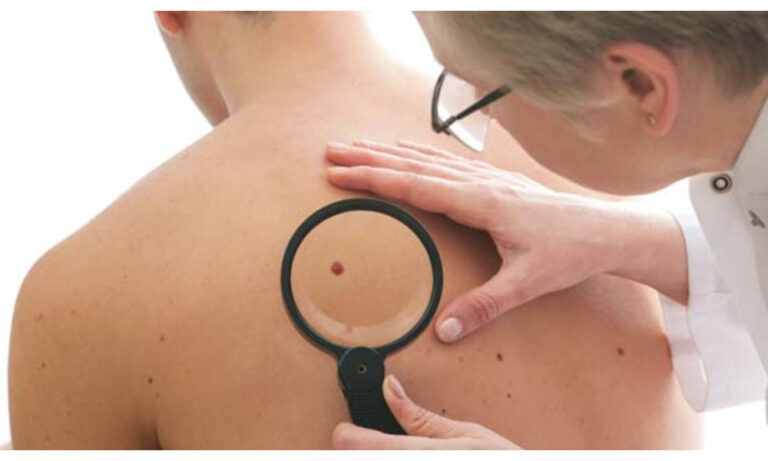
You may wake up in the morning with a dull gnawing pain near your TMJ (temporomandibular joint), not knowing the reason behind it. If you experience this for several days, then you may be suffering from bruxism. It refers to an oral parafunctional activity characterized by teeth grinding and clenching of the jaw. This may cause severe jaw pain and teeth problems.
If you notice any bruxism symptoms, seek medical attention from our expert Buffalo Grove dentist.
Understanding bruxism
Bruxism refers to a dental problem characterized by abnormal grinding of the teeth and jaw clenching. Occasional teeth grinding may not cause any harm, but when teeth grinding occurs on a regular basis, the teeth can be damaged, and other oral health complications can arise.
Bruxism that occurs during the day is called awake bruxism, while the one which occurs unconsciously during sleep refers to sleep bruxism.
Symptoms associated with bruxism that require prompt treatment
Symptoms of bruxism that require treatment include the following:
- Disturbed sleep
- Headaches or facial pain, especially in the morning
- Painful or loose teeth
- Gum recession with deep gingival pockets
- Tender and sore jaw muscles
- Wearing of teeth on the occlusal surfaces can lead to teeth fractures
- TMJ joint inflammation (arthritis) with clicking or popping sound
- Jaw locking
Treating bruxism
Though there is no single cure for bruxism, various treatments and strategies may help.
Medications
Your dentist may prescribe medications like NSAIDs (non-steroidal anti-inflammatory drugs) to relieve pain and swelling caused by bruxism. Most often, muscle relaxants can also help treat muscle soreness.
Mouth guards
These devices help to distribute the pressure evenly across the jaw and protect teeth from damage during sleep bruxism. Mouth guards or splints act as a physical barrier between the teeth.
These devices consist of flexible rubber or plastic that are fabricated according to your mouth impressions taken.
NTI-tss device
This device helps to protect your teeth by limiting the contraction of the temporalis muscle and prevents the grinding of the rear molars.
Botox
Botox or botulinum toxin is an excellent muscle relaxant that is injected to paralyze the muscles responsible for sleep bruxism to cease teeth grinding.
Biofeedback
This is a special therapy that can help you become aware of involuntary bodily functions and teaches you how to control them.
Bottom line
Bruxism needs to be diagnosed and treated promptly since without treatment it can lead to problems affecting your teeth, jaw muscles, and the TMJ. You can greatly improve your quality of sleep and oral health by consulting a skilled dental professional.




